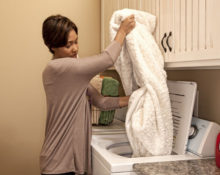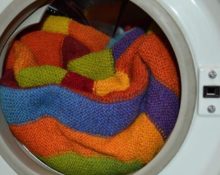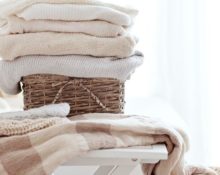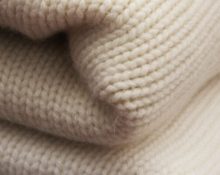Machine washing requires care. Without paying due attention to the issue, you can ruin both clothes and household appliances. To avoid unnecessary expenses, learn to distinguish things that should never be put in the washing machine.
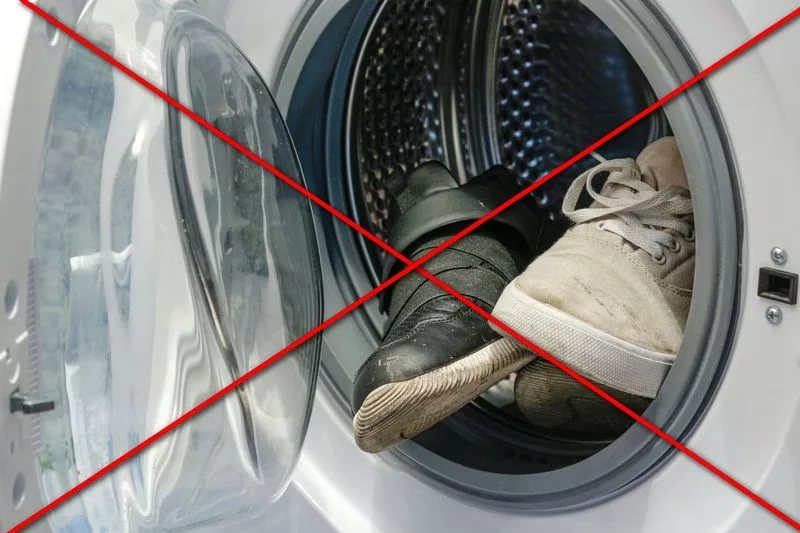
How to Determine Machine Washability
Relevant information is provided on the item's label.
A crossed out image of a typewriter indicates a ban on its use.
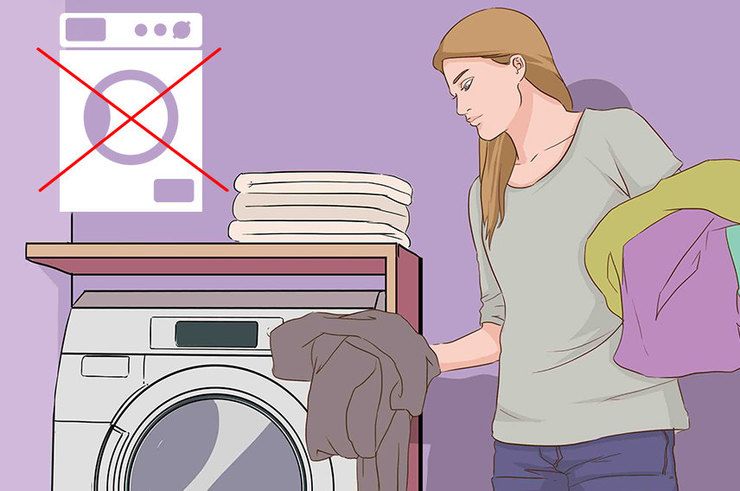
If on the label If there is a picture of a basin with water, then the product should be washed by hand.
Household appliance unable to provide delicate washing. The mode of the same name and functions similar to it are not analogous to manual action. They differ from others only in the speed and number of revolutions of the drum, as well as the temperature of the water.
That's why All items with a bowl of water on the label must be protected and washed only by hand.

Important! If the bowl of water is crossed out on the label, then this item cannot be washed even by hand.
You will have to take it to the dry cleaner and hope that the specialists will be able to fix the problem as delicately as possible, without harm to the structure, color or shape.
In some cases, you need to be guided not by the manufacturer’s recommendations, but by the type of stain. Do not put clothes stained with petroleum products into the washing machine.
What can't be machine washed
The automatic car has become familiar to us. Thanks to her, women were able to do laundry without getting their hands wet. However, not all items can be loaded into the drum.
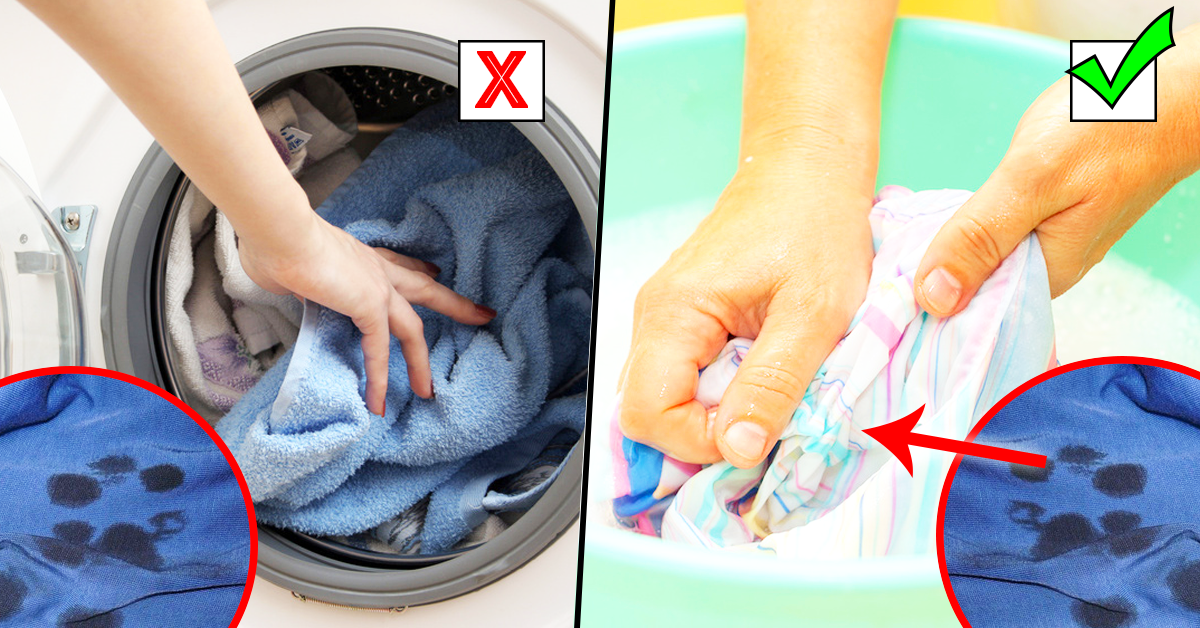
Clothes, shoes
- Fancy lingerie and bras with iron wires. The first will lose its shape and softness. The threads will get tangled and breaks are possible. And in the second one, the steel bones become deformed or come out. There is also a risk of painting, as well as damage to the drum by metal elements.
- Taped shoes. Sneakers, sneakers, shoes and boots with glued soles will quickly become unusable from prolonged contact with water and rough mechanical impact.
- Things made of suede and nubuck. The materials are extremely sensitive to water. They cannot be soaked, washed or generally wet. This causes the pile to become coarser and the surface to ripple. Shrinkage and color loss may occur.
- Clothes with voluminous decor. The rule applies to both sewn and glued stones. They can come off and stop fitting tightly. Well, the painted decor will begin to peel off.
- Woolen items. Pilling, stretching, deformation of sleeves and collars are the most common consequences of washing knitted sweaters and cardigans in the machine. The problem is partially leveled with the help of a rinse aid and gentle modes, but not completely. To maintain the attractive appearance of your favorite warm wardrobe item, it is better to wash it by hand.
- Sneakers, especially in different colors. Most well-known manufacturers give customers the same advice. They insist that their products should not be handled roughly. Machine washing is included in the list of actions accompanied by strong mechanical stress. That's why it's unacceptable. Especially if the sports shoes are painted in bright colors or are made from materials of several colors.
- Some down jackets, ski and hiking suits. Their filler can clump into clumps due to rough mechanical action accompanied by impregnation with water. Some fibers even break. This all leads to the fact that the thing stops heating normally. It can no longer be worn at the temperature specified by the manufacturer.
- Everything with fur trim. Hats, mittens, boots and sweaters with this addition will not withstand even delicate hand washing. It is necessary to ensure that the fur part of the product does not come into contact with water at all.
Home textiles and accessories

To avoid damage, do not put items from this list into the washing machine drum.
- Heavy curtains. They will take on water, become even heavier, and the machine will break or will not be able to spin the laundry.
- Curtains with lining or made from several layers of different materials. One part may shrink, but the second will remain the same size. The result will be a distortion, which will make their further use impossible.
- Lace curtains.
- Products with a lot of embroidery, both machine and manual.
- Children's educational mats with a large number of devices and toys (sewn or sewn.
- Very fluffy textile. During the machine washing process, the softness will disappear, the hairs will become coarse or fall out and settle on the internal parts of the machine, and then begin to settle on other things during subsequent washes.
- Home textiles with large metal decor or fastenings.
- Items with fillers. First of all, with fluff, which gets into clumps, dries for a long time and unevenly, and can become moldy.
- Large covers and bedspreads. If soaked in water they will become even larger and damage the machine. You should also not resort to a household appliance if the cover is barely fastened. Further shrinkage will render the product useless.
- Products high wool content.


 0
0
